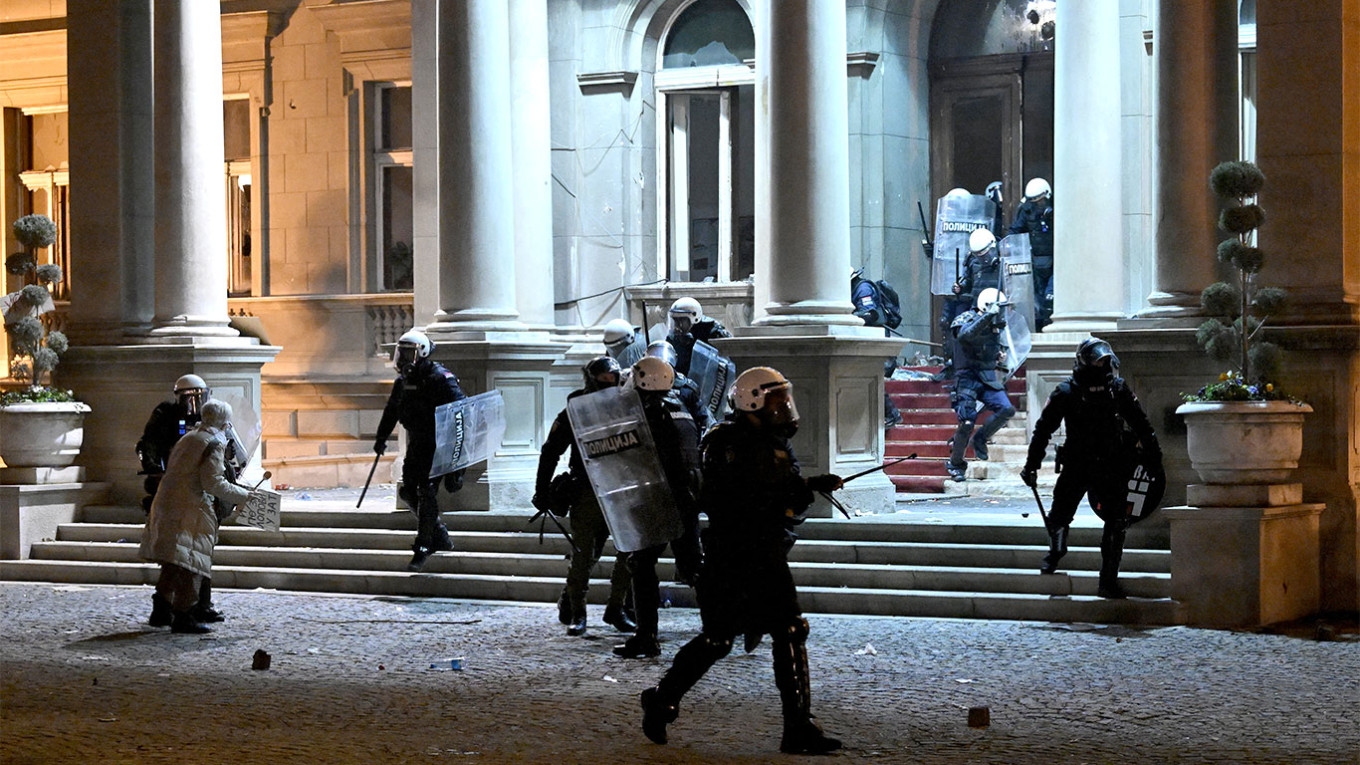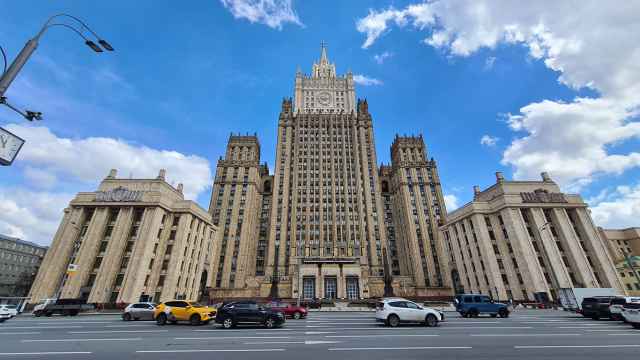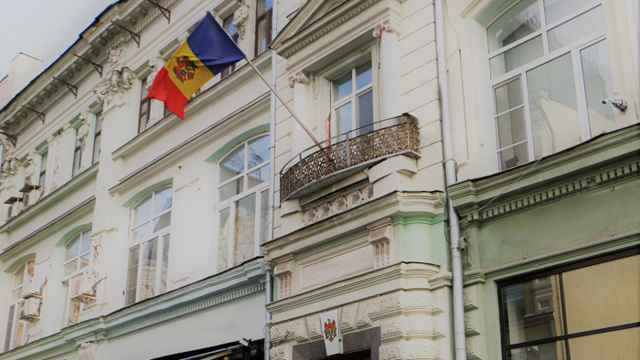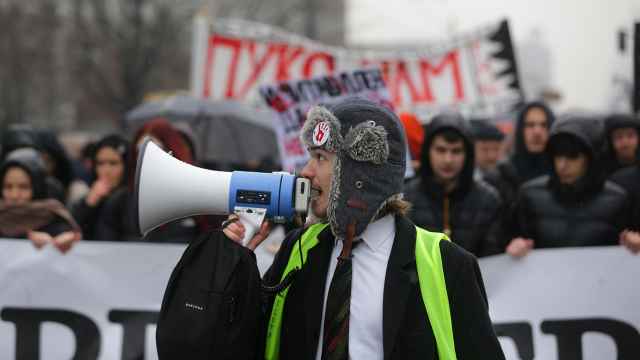Russia on Monday accused Western countries of fomenting tensions in Serbia, a Moscow-friendly Balkan nation rocked by protests over alleged fraud in elections held on Dec. 17.
Just a day before, demonstrators tried to storm the Belgrade city hall but were pushed back by police using force and pepper spray. They reject the results of parliamentary and local elections in which President Aleksandar Vucic's party claimed a commanding victory.
A few hundred protesters gathered in Belgrade on Monday blocking a street where the ministry of public administration and local government is located, an AFP reporter said.
The vote sparked criticism after a team of international observers — including from the Organization for Security and Cooperation in Europe (OSCE) — denounced "irregularities," including "vote buying" and "ballot box stuffing."
"The attempts of the collective West to destabilize the situation in the country are obvious," Russian Foreign Ministry spokeswoman Maria Zakharova told state-run news agency RIA Novosti.
The Kremlin had welcomed election results, saying Moscow hoped they would lead to the "further strengthening of friendship" between the countries.
It dismissed accusations of meddling following the protests.
"There are attempts by third parties, including from abroad, to provoke the unrest in Belgrade," Kremlin spokesman Dmitry Peskov said Monday.
Serbia and Russia have historically close ties and Belgrade did not join international sanctions against Moscow for its Ukraine offensive.
Serbia has however condemned Russia's aggression at the United Nations.
Russia's Ambassador to Belgrade Alexander Botsan-Kharchenko met with Vucic on Monday and accused Western countries of trying to retaliate against the Serbian leader.
"The attempts to destabilize Vucic's power are linked to his firm stance in refusing to join anti-Russian sanctions," he said in a televised interview following the talks.
Serbia is almost entirely dependent on Russian gas.
Russia also crucially backs Serbia over Kosovo, rejecting its independence and helping shut the former province out of the United Nations.
A Message from The Moscow Times:
Dear readers,
We are facing unprecedented challenges. Russia's Prosecutor General's Office has designated The Moscow Times as an "undesirable" organization, criminalizing our work and putting our staff at risk of prosecution. This follows our earlier unjust labeling as a "foreign agent."
These actions are direct attempts to silence independent journalism in Russia. The authorities claim our work "discredits the decisions of the Russian leadership." We see things differently: we strive to provide accurate, unbiased reporting on Russia.
We, the journalists of The Moscow Times, refuse to be silenced. But to continue our work, we need your help.
Your support, no matter how small, makes a world of difference. If you can, please support us monthly starting from just $2. It's quick to set up, and every contribution makes a significant impact.
By supporting The Moscow Times, you're defending open, independent journalism in the face of repression. Thank you for standing with us.
Remind me later.






